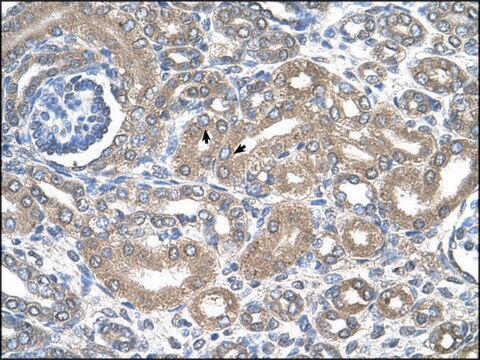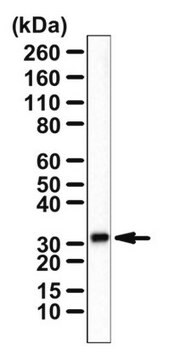DSL6A/C1
94022431, rat pancreas, Polygonal
About This Item
Empfohlene Produkte
Produktbezeichnung
DSL6A/C1, 94022431
Biologische Quelle
rat pancreas
Wachstumsmodus
Adherent
Karyotyp
Not specified
Morphologie
Polygonal
Produkte
Expresses CFTR protein
Rezeptoren
Lacks CCK-A receptors
Methode(n)
cell culture | mammalian: suitable
Relevante Krankheit(en)
cancer
Versandbedingung
dry ice
Lagertemp.
−196°C
Ursprung der Zelllinie
Beschreibung der Zelllinie
Anwendung
Nährmedium
Subkultur-Routine
Sonstige Hinweise
Hier finden Sie alle aktuellen Versionen:
Analysenzertifikate (COA)
Leider sind derzeit keine COAs für dieses Produkt online verfügbar.
Wenn Sie Hilfe benötigen, wenden Sie sich bitte an Kundensupport
Besitzen Sie dieses Produkt bereits?
In der Dokumentenbibliothek finden Sie die Dokumentation zu den Produkten, die Sie kürzlich erworben haben.
Verwandter Inhalt
We offer more than twenty ECACC pancreatic cancer cell lines of human, rat, or mouse origin, including PANC-1. Choose cells based on mutations in KRAS, TP53, SMAD4, and other key genes, or by demonstrated suitability for applications such as toxicity, xenograft models, and drug response studies.
Unser Team von Wissenschaftlern verfügt über Erfahrung in allen Forschungsbereichen einschließlich Life Science, Materialwissenschaften, chemischer Synthese, Chromatographie, Analytik und vielen mehr..
Setzen Sie sich mit dem technischen Dienst in Verbindung.


